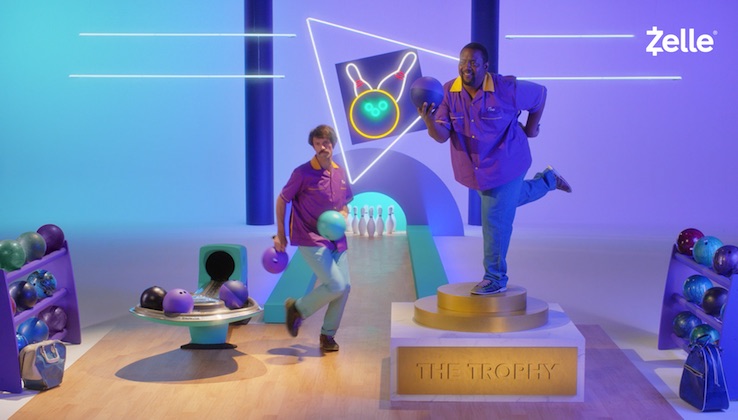Modern Marketing
Payments as ‘rhyming couplets’: Zelle makes first marketing push
- Bank-backed peer-to-peer payments tool Zelle is headed for a major marketing push.
- The challenge for the banks will be to get consumers to change their habits.








